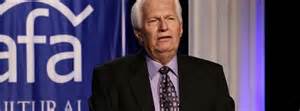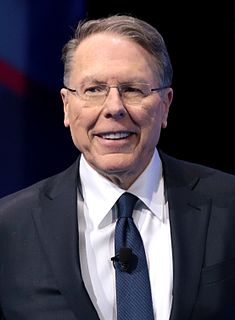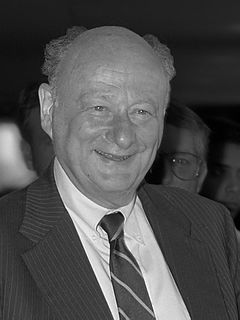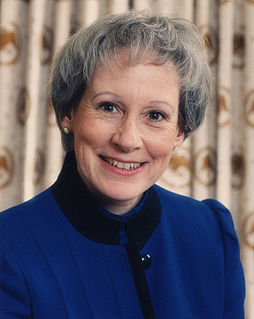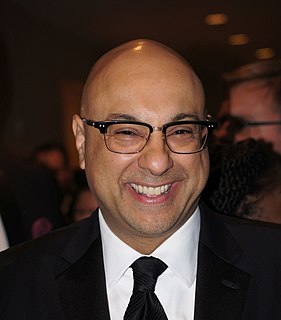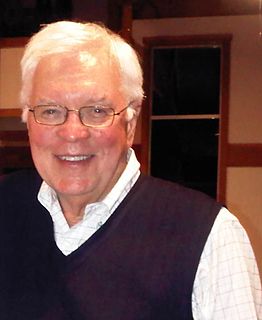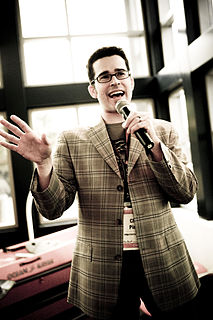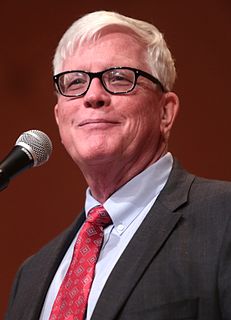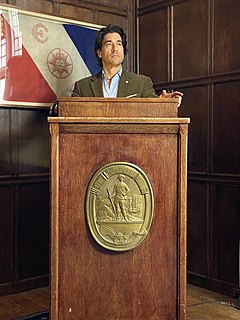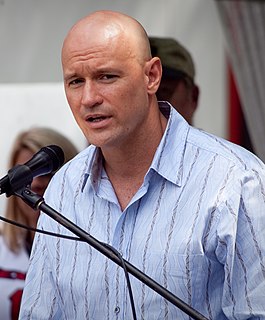A Quote by Bryan Fischer
The First Amendment was written by the Founders to protect the free exercise of Christianity.
Quote Topics
Related Quotes
To those who cite the first amendment as reason for excluding God from more and more of our institutions and everyday life, may I just say: The first amendment of the Constitution was not written to protect the people of this country from religious values; it was written to protect religious values from government tyranny.
Now I realize it's fashionable in some circles to believe that no one in government should encourage others to read the Bible. That we're told we'll violate the constitutional separation of church and state established by the Founding Fathers and the First Amendment. The First Amendment was not written to protect people and their laws from religious values. It was written to protect those values from government tyranny.
The First Amendment of the Constitution was not written to protect the people from religion; that amendment was written to protect religion from government tyranny. . . But now we're told our children have no right to pray in school. Nonsense. The pendulum has swung too far toward intolerance against genuine religious freedom. It is time to redress the balance.
If we set the precedent of limiting the First Amendment, in order to protect the sensibilities of those who are offended by flag burning, what will we say the next time someone is offended by some other minority view, or by some other person's exercise of the freedom the Constitution is supposed to protect?
Reading their letters and the First Amendment of the US Constitution, I infer that this nation's founders noted that religions have been at the center of great deal of trouble, so they precluded the US government from getting involved in religion, i.e. "... shall make no law respecting an establishment of religion, or prohibiting the free exercise thereof..." Over the centuries, various religions have laid claim to various morals; consider the difficulties outsiders are having today in the Middle East, for example.
The Constitution, in addition to delegating certain enumerated powers to Congress, places whole areas outside the reach of Congress' regulatory authority. The First Amendment, for example, is fittingly celebrated for preventing Congress from "prohibiting the free exercise" of religion or "abridging the freedom of speech." The Second Amendment similarly appears to contain an express limitation on the government's authority.
At the time of the adoption of the constitution, and of the amendment to it, now under consideration [i.e., the First Amendment], the general, if not the universal sentiment in America was, that Christianity ought to receive encouragement from the state, so far as was not incompatible with the private rights of conscience, and the freedom of religious worship.
